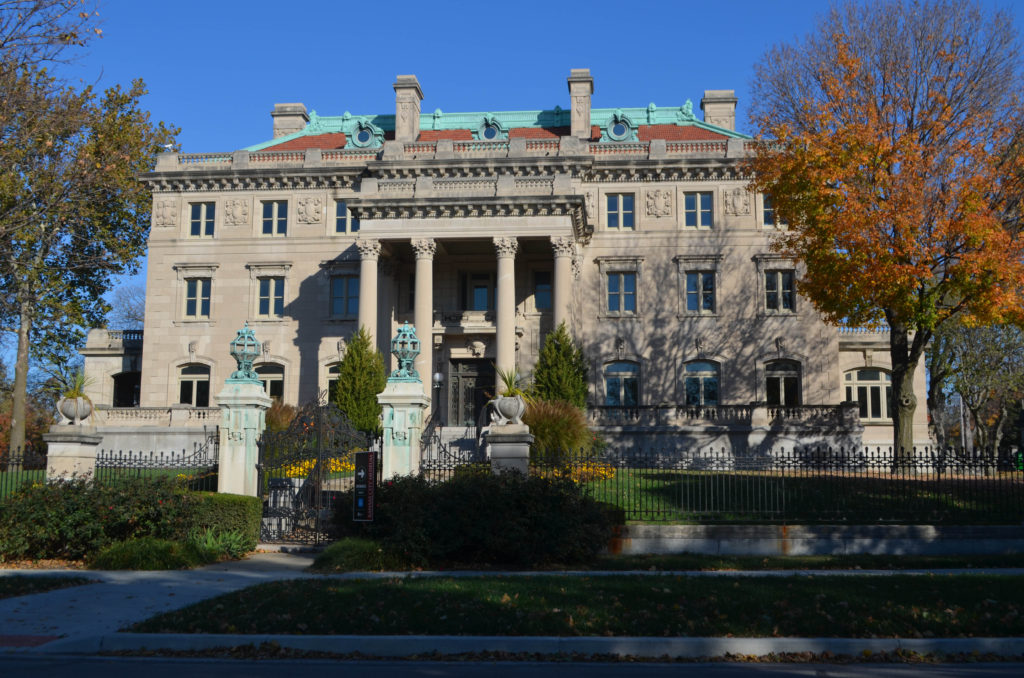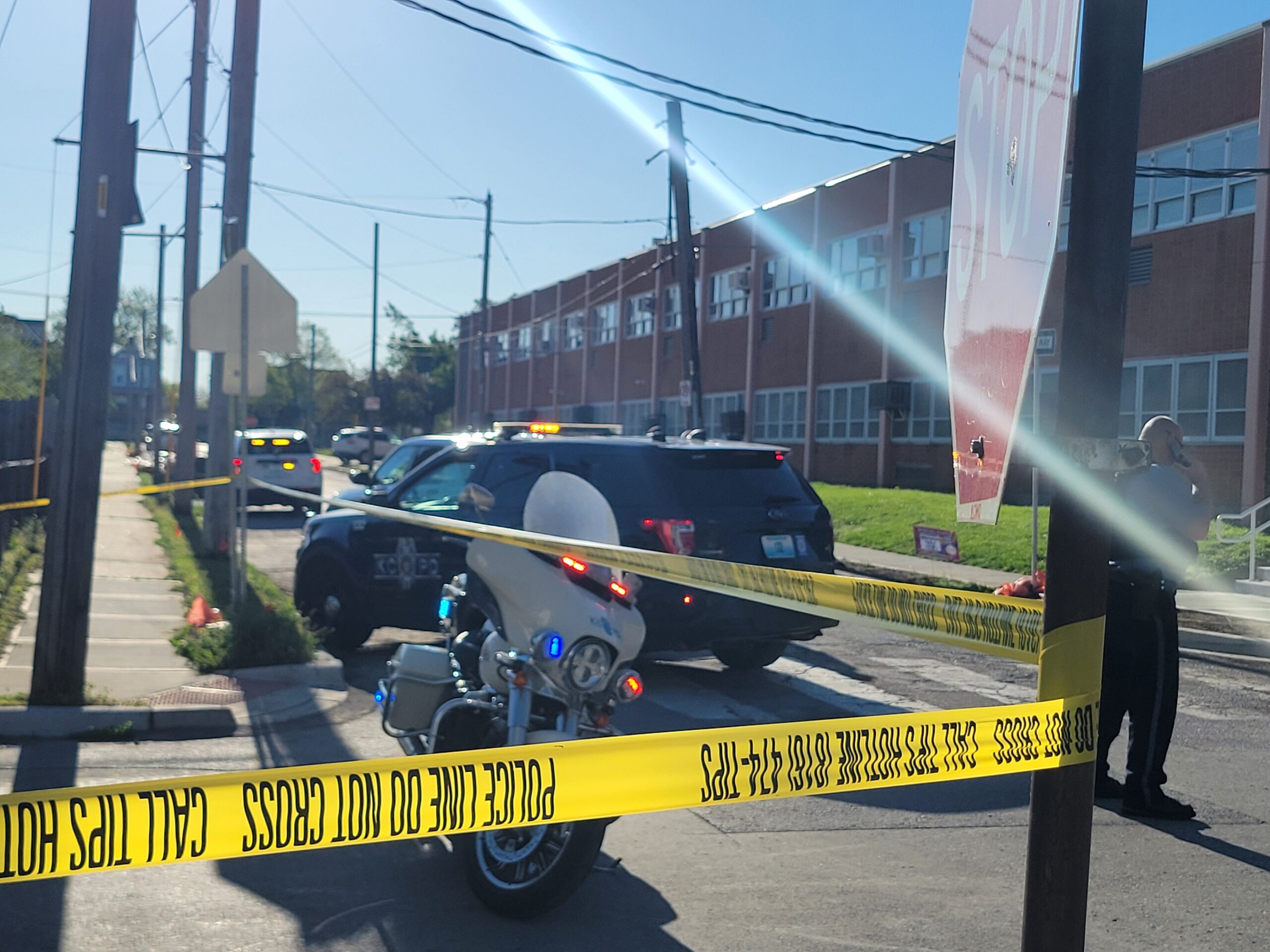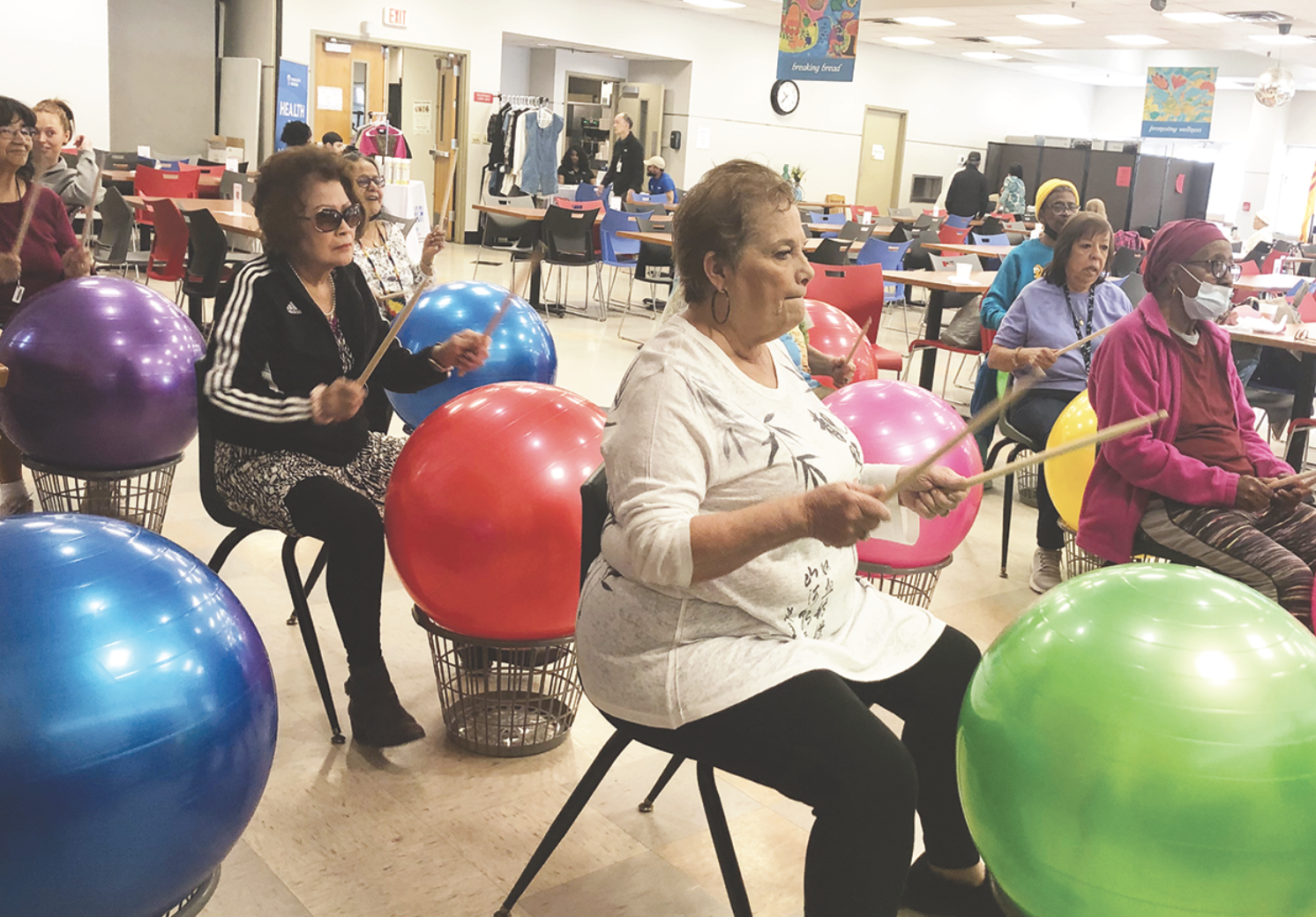
By Paul Thompson
Northeast News
November 16, 2016
KANSAS CITY, Missouri – A proposed $800 million General Obligation bond was presented to the KCMO City Council during business session on Thursday, November 10.
City Manager Troy Schulte presented details about the proposed bond, which is being targeted for the April 4, 2017 ballot. The bond would be expected to finance infrastructure needs over a 20-year period. If the measure does make its way to the April ballot, it would require 4/7 approval from voters – or roughly 57.1% of ballots cast.
The G.O. bond would come with an expense to taxpayers, in the form of a gradual property tax increase. Schulte estimated that for a home worth $140,000, homeowners could expect an increase of $8 per year over the next 20 years. By the end of the time period, the property tax increase would reach $160 annually.
Schulte expects that the G.O. bond would be spent in annual chunks of $40 million. He broke down the infrastructure issues into six target areas: streets, bridges, sidewalks, flood control, parks, and public buildings. The KCMO City Manager conceded that even an $800 million bond issue won’t come close to solving all of the city’s infrastructure needs.
“We could spend $800 million just on parts of the city that don’t have sidewalks,” said Schulte. “Roughly 125 intersections in the city still don’t have ADA curb cuts.”
Public building improvements to be considered include funding for the city’s no-kill animal shelter, as well as money for planned renovations at the Historic Northeast’s Kansas City Museum.
“There will be a local match to complete the renovations at Kansas City Museum,” Schulte said.
Kansas City Museum Executive Director Anna Marie Tutera spoke with the Northeast News on Friday, November 11 to discuss the museum’s renovation plans and timeline. She said that the Parks Board has authorized construction in the lower level, first floor, and second floor of the mansion at a projected cost of roughly $12 million during the first phase of the renovations. The museum plans to yield an estimated $6.65 million by financing its mill levy, a 1/10th-cent, city-wide property tax that raises roughly $1.5 million annually to run the Kansas City Museum.
“We have enough levy that we can do some capital improvements,” said Parks and Recreation Director Mark McHenry. “There’s a gap, and the question is, ‘How do you fill the gap?'”
The rest of the renovation budget will be collected through a combination of private and public investments, with the Museum set to begin a funding campaign in the near future. Tutera hopes that the museum can raise enough capital to include the construction of the museum’s third floor in the project’s first phase; an add-on that would increase the estimated cost of phase one construction to roughly $15 million. Tutera said that the Kansas City Museum would be ready to implement a variety of construction plans over the next several months, depending on the funding that can be accumulated. She added that planning is already well underway.
“By the end of this calendar year, we will be hiring our construction team. The construction team will start doing pre-construction with the architects,” said Tutera. “Because we’ve spent the past 20 months doing so much design planning and institutional planning, we really will be shovel-ready in the spring. We will be ready to start construction.”
“I suspect that by January or February, we’ll be able to talk more about what has been raised or what has been pledged,” Tutera added.
McHenry acknowledged that he didn’t know exactly how dollars would be distributed if the $800 million G.O. bond is approved by voters, but he noted that the Kansas City Museum is well-positioned to be included.
“I think putting some resources in the Northeast would be a positive thing, and I think there’s a good chance that it will get some of the G.O. bonds,” said McHenry of the museum.
Although Schulte asked the Council for some flexibility in the application of the bond dollars, 2nd District Councilman Dan Fowler stated that voters would be more likely to support the measure if they had a better understanding of what was contained therein.
“I don’t think we can pass a tax increase, but I think we can sell a product,” said Fowler. “People are going to buy a product here, and I think it’s important that they know what they’re buying.”
Schulte said that he’s already taken his presentation before some neighborhood groups, and that he’d be happy to take the plan to other groups as well. He added that in his experience, citizens respond well to tax increases when they go towards infrastructure improvements.
“This bill isn’t going to get any cheaper,” said Schulte. “The price tag is just going to go up. We might as well start tackling it now.”


















